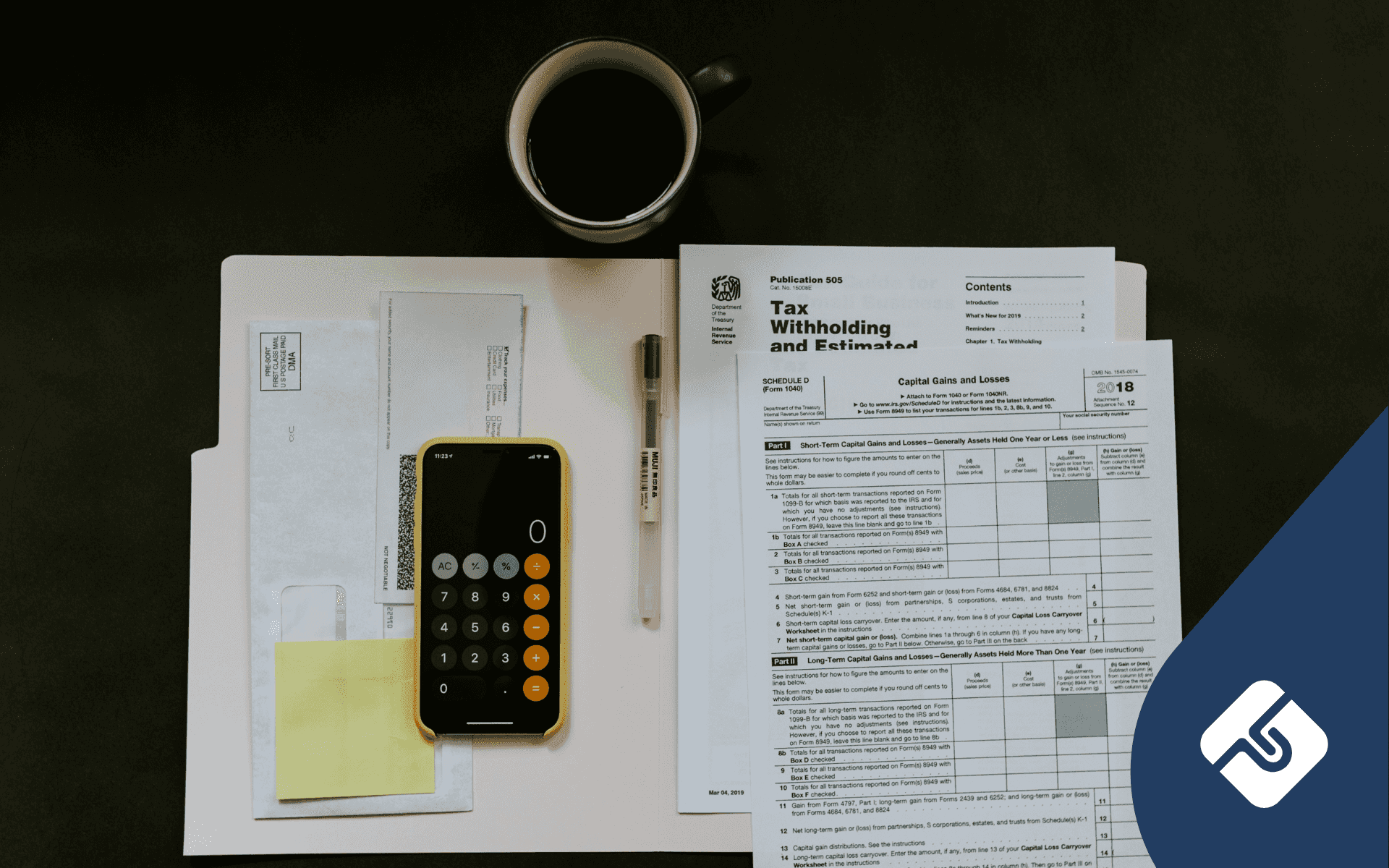Based in Sydney, Raja is a law student enrolled in a Bachelor of Laws and Bachelor of Communications (Writing and Publishing) at the University of Technology Sydney. He is passionate about transferring knowledge in relation to businesses, legal advice and marketing direction. Raja has experience working in immigration law and is driven by the writing, editing and publishing process of content.
As the 2025 End of Financial Year (EOFY) is among us, knowing how to best maximise your tax refund has never been more important.
Whether you’re a sole trader, small business owner, or employee, the EOFY presents a golden opportunity to reassess your finances, claim deductions, and ensure your tax return reflects every dollar you’re entitled to.
With changes in tax laws, deductions for remote work, and investment related offsets, it’s essential to stay informed and proactive.
Table of Contents
Claim Deductions Where You Can
While it can be tempting to stretch the truth on your tax return to maximise your refund, it’s critical to understand that claiming illegitimate deductions can lead to serious consequences. The Australian Taxation Office (ATO) has sophisticated data matching and audit processes in place that can flag unusual or excessive claims.
What Counts as a Legitimate Deduction?
To claim a tax deduction, the expense must meet three golden rules:
- It must be directly related to earning your income, for example, uniforms for work, or tools for a tradie.
- You must have spent the money yourself and not been reimbursed by your employer.
- You must have a record to prove it, such as a receipt, invoice, or bank statement.
Common deductible items include:
- Work-related travel and car expenses
- Home office costs (like internet and electricity, proportionate to work use)
- Self-education expenses related to your job
- Union fees and subscriptions to professional associations
The ATO uses benchmarks, data analytics, and industry averages to compare your return against others in similar roles. Outliers are likely to trigger a review or audit.
🎯 Can You Claim It?
EOFY 2025 Tax Deduction Quiz - Test your deduction knowledge and see how well you know the ATO rules!
Claiming Self-Education Expenses
Self-education can be a powerful way to improve your skills, increase your employability, or even transition into a new role. The Australian Taxation Office (ATO) allows you to claim self-education expenses if there is a direct connection between the course you are undertaking and your current income earning activities.
Allowable expenses may include:
- Course or tuition fees (only if not paid by HECS-HELP or another scheme)
- Textbooks, professional and technical journals
- Stationery, internet, and printing costs
- Depreciation on equipment (e.g. laptops used for study)
- Travel expenses between your home, work, and place of education
Keep All Your Receipts
If there’s one golden rule for maximising your tax return while staying on the right side of the ATO, it’s this: Keep all your receipts.
The ATO requires you to have evidence for any deduction you claim and in most cases, that means a receipt, invoice, or written record that clearly shows what you spent, when you spent it, and how it relates to earning your income.
Why Receipts Matter
Without receipts or records:
- Your claim might be denied during a review or audit.
- You could be forced to repay part of your refund.
- You may face penalties and interest for incorrect claims.
The ATO doesn’t accept vague or estimated expenses. Even if your claim seems modest or common, you must be able to prove it.
What a Valid Receipt Should Include
To be acceptable to the ATO, a receipt must show:
- The supplier’s name
- The amount of the expense
- A description of the goods or services
- The date the expense was incurred
- The date of the document
Digital receipts (from email or apps) are just as valid as paper ones, and scanned copies are acceptable as long as they’re clear and complete.
Best Practices for Record Keeping
- Use an expense tracking app
- Scan or photograph receipts as soon as you get them.
- Label expenses by category (e.g. work tools, travel, education).
- Store everything for at least 5 years from the date you lodge your return.
Claim Personal Superannuation Contributions
A personal super contribution is money you contribute into your super fund from your after-tax income (your take-home pay or savings). You can then choose to claim a tax deduction for it when lodging your return, effectively turning it into a concessional contribution.
Voluntarily contributing to your superannuation can:
- Reduce your taxable income (if you claim it as a deduction)
- Build your retirement savings
- Potentially qualify you for the government co-contribution if you’re a low or middle-income earner
Eligibility Criteria
To claim a tax deduction for personal super contributions, you must:
- Be under age 75 (those aged 67–74 must meet a work test or qualify for the work test exemption),
- Contribute from your after-tax income,
- Lodge a valid ‘Notice of Intent to Claim’ with your super fund before lodging your tax return,
- Receive confirmation from your fund that the notice was accepted.
Use A Registered Accountant
Registered agents:
- Know industry-specific deductions you may miss
- Can amend past returns (up to 2 years back) if you missed something
- Give you extra time to lodge (until May the following year)
- Help avoid costly errors or penalties
Our network of registered accountants understand the nuances of small business, sole trader, and employee tax needs, and can help you uncover deductions you may have missed. Whether you’re lodging as an individual or through your business structure, they’ll ensure your return is accurate, optimised, and lodged on time with the added benefit of extended ATO deadlines.
Fix Common Mistakes That Cost You Refunds
One of the easiest ways to lose out on a higher tax refund or trigger an ATO review is by making avoidable errors in your return.
Even small mistakes can reduce the amount you’re legally entitled to claim. Understanding these pitfalls and proactively avoiding them is essential for maximising your refund while staying compliant.
Avoid refund-killers like:
- Duplicating income that’s already pre-filled
- Omitting deductions because of missing records
- Forgetting to lodge a ‘Notice of Intent to Claim’ when contributing to super
- Lodging too early before all income data is pre-filled by the ATO
Review Last Year’s Return for Missed Opportunities
Before lodging your 2025 tax return, take a moment to review last year’s return for any missed opportunities. You might have forgotten to claim certain deductions, such as union fees, home office expenses, or work-related purchases, and if so, you may still be able to amend that return and recover the refund you’re entitled to.
Look for unused concessional super contributions or capital losses that could carry forward into this year’s return and reduce your taxable income. Consider any changes in your circumstances like a new job, side hustle, investment property, or crypto activity which could open the door to new deductions or tax strategies.
Reviewing your previous return helps you avoid repeat mistakes and approach this year’s tax time with more insight, accuracy, and potential for a better refund.








